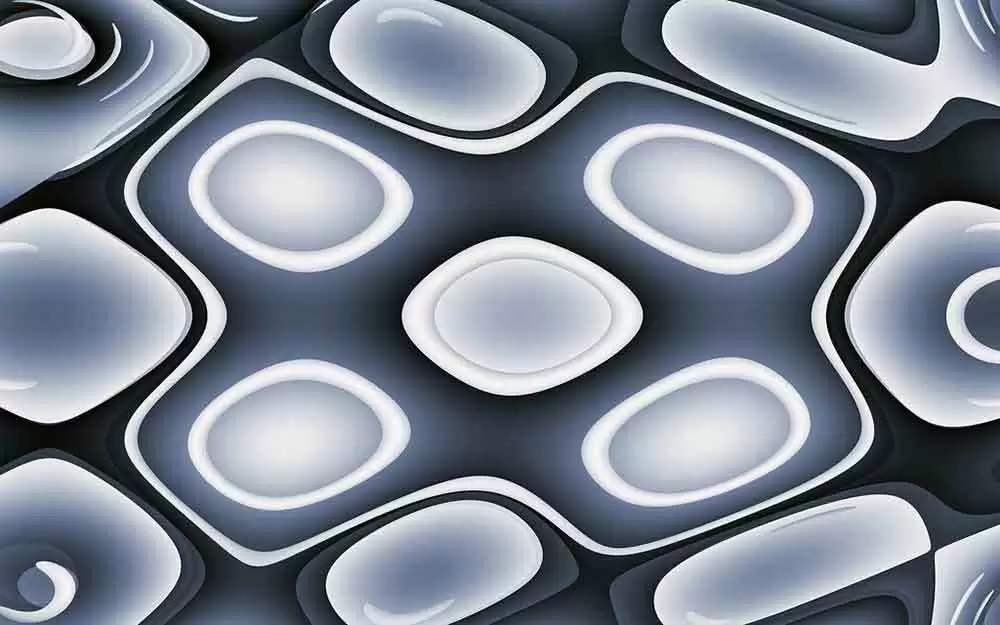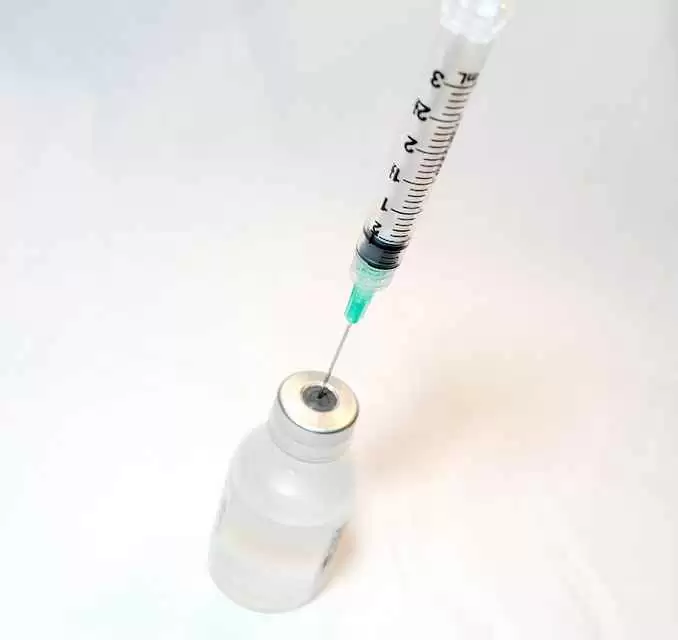
Celiac.com 08/19/2019 - Most gluten-free celiac patients will experience gastrointestinal symptoms within hours of gluten exposure. A number of studies have shown a connection between cytokines and adverse gluten-reactions.
A team of researchers recently set out to examine systemic cytokine profiles and their connection to acute symptoms in celiac disease patients after reactivation of gluten immunity. To do this, the team carried out a series of multiplex cytokine measurements in celiac disease patients after a gluten challenge, both orally, and by injection.
Celiac.com Sponsor (A12):
The research team included Gautam Goel, Jason A. Tye-Din, Shuo-Wang Qiao, Amy K. Russell, Toufic Mayassi, Cezary Ciszewski, Vikas K. Sarna, Suyue Wang, Kaela E. Goldstein, John L. Dzuris, Leslie J. Williams, Ramnik J. Xavier, Knut E. A. Lundin, Bana Jabri, Ludvig M. Sollid, and Robert P. Anderson.
Patients receiving gluten by injection showed at least 15 elevated plasma cytokines, with IL-2, IL-8, and IL-10 being most common, with changes 272-fold, 11-fold, and 1.2-fold, respectively. IL-2 and IL-8 were the only cytokines elevated at 2 hours, prior to symptom onset.
After gluten ingestion, IL-2 was the earliest and most prominent cytokine, with a 15-fold change after 4 hours.
Supported by studies of patient-derived gluten-specific T cell clones and primary lymphocytes, the team's observations indicate that celiac-associated gastrointestinal symptoms are likely caused by rapid reactivation of gluten-specific CD4+ T cells by gluten. This research may lead to new ways to diagnose and treat those with celiac disease.
Stay tuned for more on this and related stories.
Read more at: Science Advances 07 Aug 2019:Vol. 5, no. 8.
DOI: 10.1126/sciadv.aaw7756
The researchers in this study are variously affiliated with the Division of Gastroenterology and Center for Computational and Integrative Biology, Massachusetts General Hospital, Boston, MA, USA; Immunology Division, The Walter and Eliza Hall Institute, Parkville, VIC, Australia; the Department of Medical Biology, University of Melbourne, Parkville, VIC, Australia; the Department of Gastroenterology, The Royal Melbourne Hospital, Parkville, VIC, Australia; the Centre for Food and Allergy Research, Murdoch Children’s Research Institute, Parkville, VIC, Australia; the Department of Immunology and KG Jebsen Coeliac Disease Research Centre, University of Oslo and Oslo University Hospital-Rikshospitalet, Oslo, Norway; the Department of Pediatrics, Department of Medicine, University of Chicago, Chicago, IL, USA; ImmusanT Inc., Cambridge, MA, USA; and the Department of Gastroenterology and KG Jebsen Coeliac Disease Research Centre, University of Oslo and Oslo University Hospital-Rikshospitalet, Oslo, Norway.






Recommended Comments
Create an account or sign in to comment
You need to be a member in order to leave a comment
Create an account
Sign up for a new account in our community. It's easy!
Register a new accountSign in
Already have an account? Sign in here.
Sign In Now